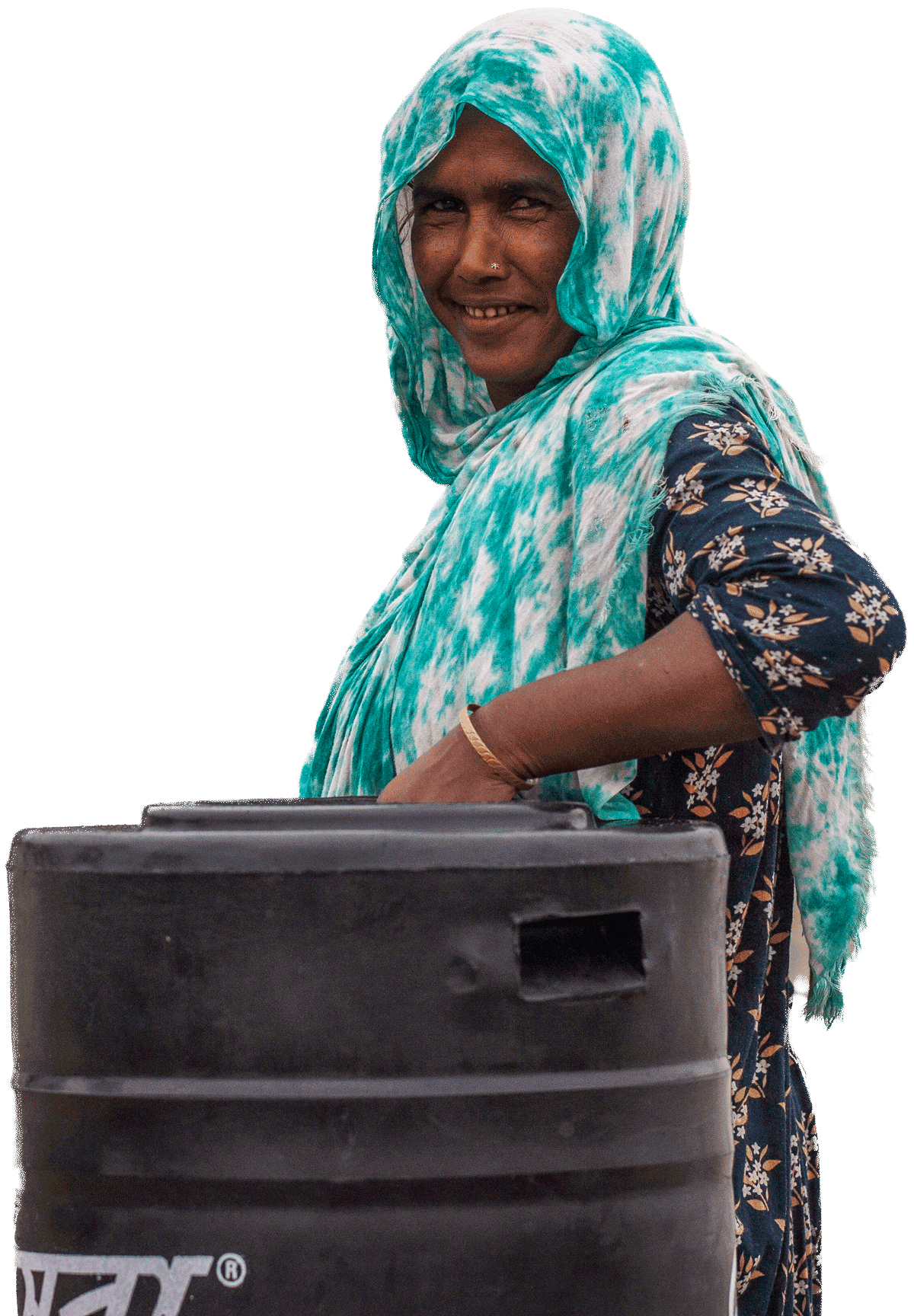Menu
Anticipatory action helps to prevent and reduce human suffering, as interventions mitigate the shock impact and reduce humanitarian needs. Anticipatory action helps to protect hard-won development gains and enhances resilience.
What we need to do is to move from today’s approach — where we watch disaster and tragedy build, gradually decide to respond and then mobilize money and organizations to help — to an anticipatory approach where we plan in advance for the next crises, putting the response plans and the money for them in place before they arrive, and releasing the money and mobilizing the response agencies as soon as they are needed. Does that sound like rocket science? No, I don’t think so either.”
Photo: FAO/Fahad Kaizer

OCHA considers anticipatory action to be actions that are taken in response to a trigger before the manifestation of humanitarian need. These actions are intended to mitigate the impact of a foreseen hazard and avoid large-scale crises. Hazards that can be addressed through anticipatory action include drought, floods and cyclones, among others.
CHA’s theory of change for anticipatory action is based on the premise that we need to learn by doing. Anticipatory action is an adaptive process, and greater support will be created for it through the demonstration of its effect.
Demonstrate how collective and coordinated anticipatory action could work at scale
Evaluate to what extent anticipatory action is faster, cheaper and more dignified than the traditional response.
Leveraging OCHA’s mandate, OCHA plays a key role in convening partners and efforts to bring anticipatory action to scale.
OCHA has experts working on humanitarian data and predictive analytics to support evidence-based decision making.
OCHA coordinates the humanitarian response including the Humanitarian Needs Overview and Response Plan process at country level.
OCHA manages the Central Emergency Response Fund (CERF) and the country-based pooled funds (CBPFs).
Service provided by
OCHA coordinates the global emergency response to save lives and protect people in humanitarian crises. We advocate for effective and principled humanitarian action by all, for all.
Except where otherwise noted, content on this site is licensed under a Creative Commons by 4.0 International license.